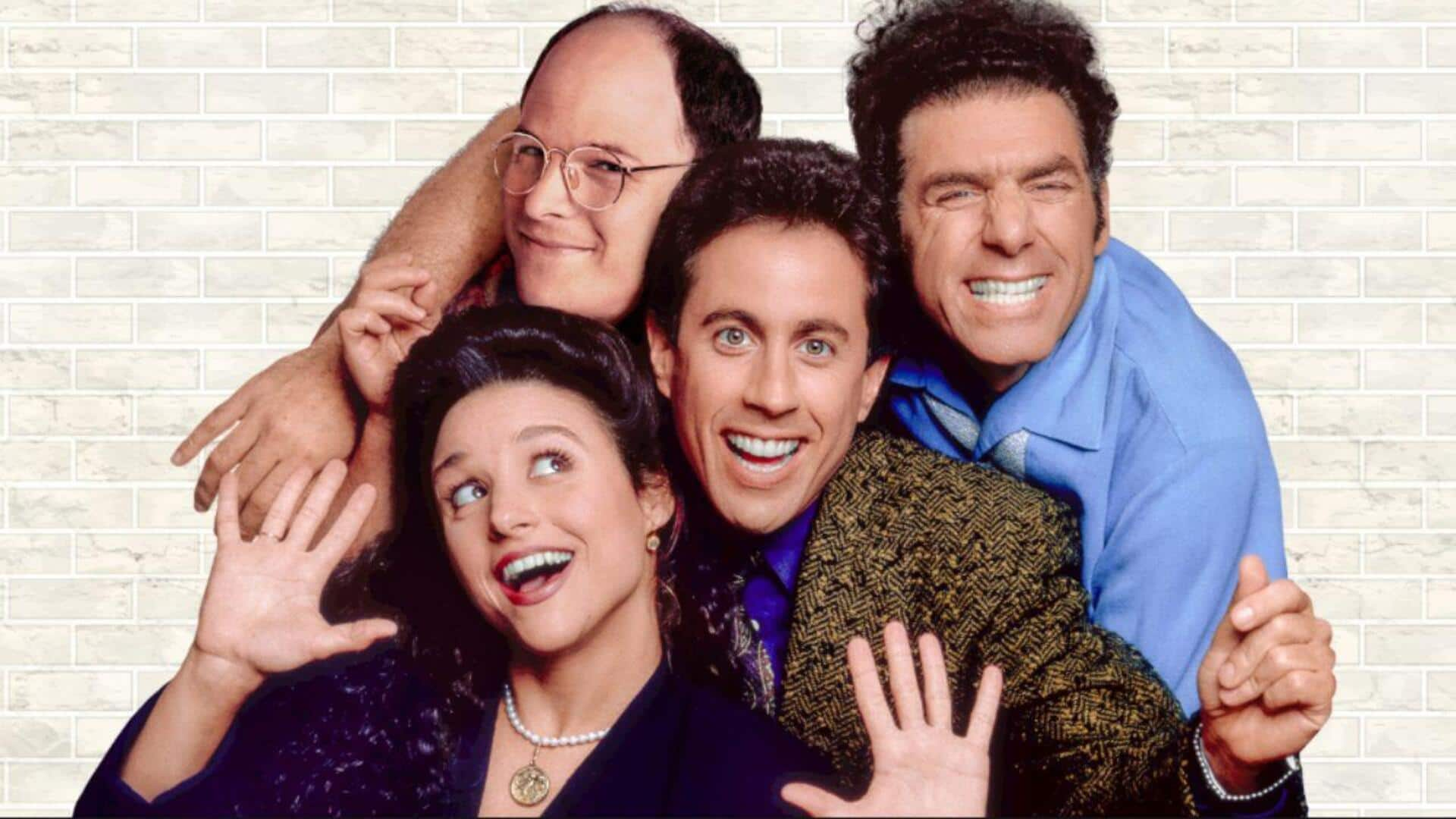
5 brilliant ways 'Seinfeld' mirrored American life
What's the story
Seinfeld, a sitcom that ran from 1989 to 1998, is widely hailed for its rare talent of encapsulating the day-to-day life and eccentricities of American culture. With its relatable characters and hilarious situations, the show was able to mirror several facets of American society. Here are five times Seinfeld captured the spirit of America, revealing its cultural intricacies and social conventions in a manner that resonated with the entire nation.
Urban life
The parking garage episode
In the iconic episode The Parking Garage, Jerry and his friends get hopelessly lost in a massive parking structure. The situation perfectly encapsulates the quintessential urban experience that is all too familiar for many Americans living in or visiting big cities. From sprawling urban environments to the challenges of navigating them, the episode humorously captures the frustration (and humor) in it all.
Social norms
The contest episode
The Contest episode dives into social taboos but with a comedic twist. It tackles themes around self-control and societal expectations without explicitly touching on sensitive topics. This, perhaps, is a nod to America's often complicated relationship with speaking about personal matters openly, but with an undercurrent of humor that resonates with viewers.
Consumer culture
The Soup Nazi episode
The Seinfeld episode The Soup Nazi perfectly illustrates how the show tackled America's consumer culture. It features an eccentric soup vendor whose strict rules spark both frustration and fascination among customers. The portrayal mirrors America's diverse culinary landscape and highlights how unique personalities can become cultural icons within consumer-driven societies.
Waiting game
The Chinese restaurant episode
In The Chinese Restaurant, Jerry and his friends go through the universal frustration of waiting for a table at a crowded restaurant. The scenario encapsulates an aspect of dining out that is all too familiar to many Americans: having to deal with long wait times at peak hours. The humor of the episode comes from its relatability, reflecting common experiences shared by people far and wide.
Alternative traditions
Festivus for the rest of us
The introduction of Festivus as an alternative holiday celebration is yet another example of how Seinfeld nailed the American spirit through creativity and satire. By creating this fictional holiday with its unique traditions, such as airing grievances, Seinfeld mocked traditional celebrations while giving viewers something refreshingly different but eerily familiar within their cultural context.